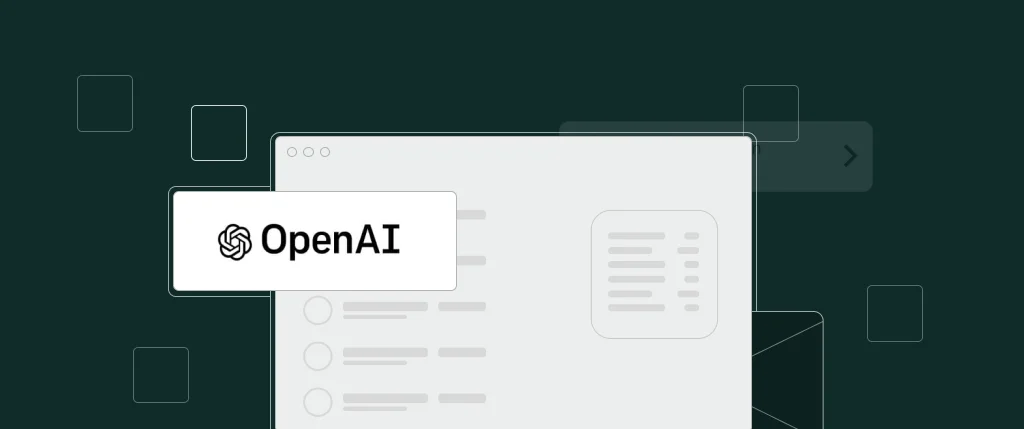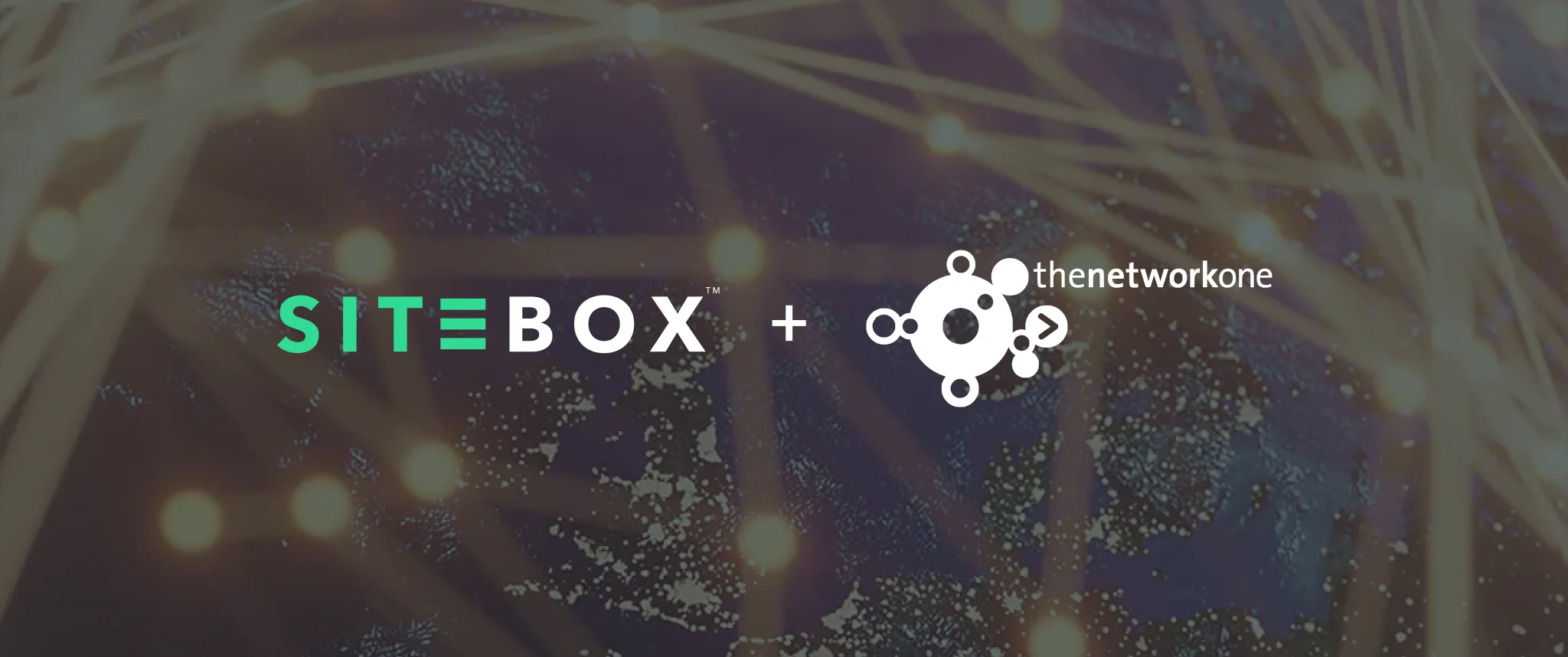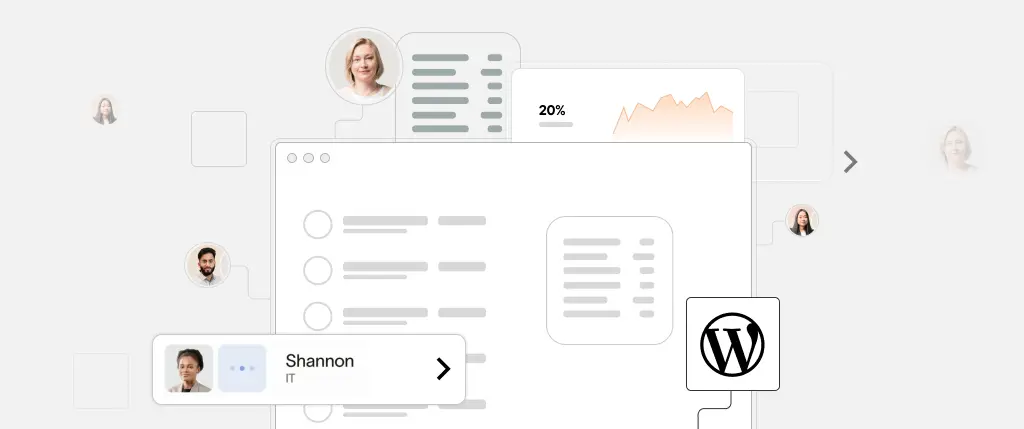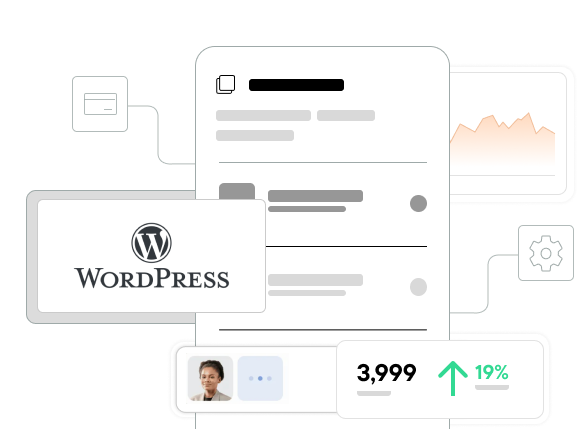Website operations (WebOps) is an all-hand-on-deck affair for an agency.
From page building, to live previews, deployment and ongoing updates, the website may be evergreen, but it’s constantly refreshed through WebOps frameworks in response to user experience expectations, changing design trends, and needs to strengthen security and performance.
So, what if all the hands going into maintaining a website weren’t all human? We’re talking about the use of artificial intelligence for all manners of managing a CMS. Rising from a science fiction prediction, it’s extended beyond an Internet fad to provide a helping hand for streamlining workflows and improving team efficiency.
While complex machine learning and AI are still being researched and implemented, agencies can already benefit from implementing AI tools into their WebOps framework, improving client experiences at the very same time.
Shifting team focus
Creating any web-based application is the sum of many parts; developers, marketers, project managers, and designers all have their part to play. In which case, a WebOps platform that amalgamates every practice from single page concept to full-website launch must bring teams together into collaborative workflows.
Efficiency is the ultimate outcome. But this can be especially tricky for large-scale companies without a WebOps platform, which also incorporates website hosting, CDNs, and support for both traditional and Headless CMS architecture. The idea of AI is to simplify manual tasks associated with website building and maintenance that waste time, costs, and are prone to repeated workflows or human error, by handling these independently.
AI: analytics, awareness, and audience
The purpose of hosting a website is to appeal to visitors and give them the utmost user experience. When developer operations (DevOps) are handled in the backend, the performance of the website is increased, while UX design can speed up the functionality of the performance layer and make users happy to continue their journey there.
AI is integral to improving digital experiences with its advanced data processing abilities, far more advanced than that of a human and able to scan, alert and extract data points from a huge array of datasets in seconds. This is useful for finding hurdles in site performance, as well as identifying what content best appeals to an audience for future visits. Predictive AI uses machine learning algorithms to forecast potential future actions based on patterns in historical user behaviour.
Generative AI is also another variation of the technology, best known as the driver for Natural Language Processing (NLP) tools including ChatGPT and Jasper. Not just limited to text, GenAI uses trained models to spin up unique outputs following a user-based prompt. Content creators have found it useful for planning page layouts, blogs, video scripts, and more based on user data.
A hidden helper
While traditional capabilities have remained fairly unchanged in authoring content and managing data, AI’s automation capability fulfils underlying tasks that leave the valuable strategic decisions to humans. Taking away difficult, menial CMS tasks boost creativity and productivity across the board, including the following:
Content generation
Aforementioned NLPs can suggest user-favoured topics and trends that have the industry talking, as well as generate article and page layouts for speedy thought leadership. Other GenAI applications can identify gaps in knowledge for further research to fine-tune content, too.
Website optimisation
Auto-generated metadata and tags make sure no content is left unidentifiable and is paramount for SEO. Content can be clustered automatically with AI-backed segmentation so it’s simpler to find. AI can also track user interaction data to see which webpages are popular, as well as identify broken links or opportunities to backlink for better website UX.
SEO research
AI can automatically conduct background keyword research to implement throughout a site for users to find services or products more easily through the top search engines.
Translation
Automatically translating website components, or full pages, opens any website up to different regions, reaching more users and becoming more accessible for ESG considerations.
Personalisation
AI understands individual user data and context and is integrable across multiple digital channels to tailor targeted recommendations (using images and text) based on their preferences. Some GenAI chat services offers virtual assistants to websites too, particularly for e-commerce and financial services. It’s valuable to providing a consistent UX across all devices in an omni-marketing strategy.
DevOps
Automated system monitoring can identify any issues in real-time, as well as forecast any future data problems to be dealt with before they disrupt operational ability.
We’re just getting started
It’s worth bearing in mind that AI’s list of use cases is more expansive than this list, and ever growing. More advanced tools can bring into play concerns surrounding data privacy, cybersecurity, and AI bias (particularly around training machine learning models). But expertise is also rising to strengthen the technology’s intended use as a helping hand for a range of industries in the most accessible, safe way possible.
Already however, AI is a game-changing for making collaborative WebOps practices go further, both for internal team efficiency and targeting end users better. Easily integrated into existing web hosting platforms, agency teams can make use of AI immediately in either small or large capacities. Ultimately, it exists in the WebOps context to replace traditional tasks that disrupt productivity, making it more seamless to craft amazing digital experiences that website visitors expect together.




